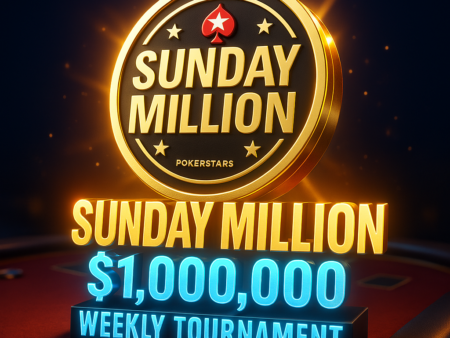Theory of Poker: The Importance of Position in Texas Hold’em
Why Position Matters More Than You Think
In Texas Hold’em, many beginners focus solely on the strength of their cards. But there’s another crucial factor that can determine whether you win or lose a hand—even before the flop is dealt: your position at the table.
Understanding table position is one of the key elements of poker strategy. It affects how you play your hands, how you react to opponents, and how you extract maximum value from winning hands—or minimize losses from bad ones.
Dealer Position – The Golden Spot
The dealer (marked with a “D” button) holds the most powerful seat at the table. Why? Because this player acts last in every betting round (except the first one before the flop), giving them the advantage of seeing how every other opponent acts before making their own decision.
After each hand, the dealer button moves one seat clockwise, giving each player a chance to rotate through every position. Acting last means having more information, and in poker, information is power.
The Worst Position – Under the Gun (UTG)
The seat immediately to the left of the big blind is called Under the Gun (UTG). This is the first player to act pre-flop, which makes it the trickiest position to play from. You have no information about other players’ intentions, so you need to play much tighter and be more cautious with your opening range.
The same disadvantage applies post-flop to the small blind, who is always first to act in later rounds. Acting without any read on opponents can cost you chips—unless you’re extremely strategic.
Position and Hand Selection
Your table position should directly influence which hands you decide to play. Here’s a general rule:
- Early Position (UTG, UTG+1): Stick to strong hands (AA, KK, QQ, AK, AQ).
- Middle Position: Slightly loosen up your range (add AJ, KQ, 99, 88).
- Late Position (Cutoff, Button): Open up with suited connectors, lower pairs, and speculative hands.
The deeper you are in the betting order, the more you can widen your hand range—especially if previous players have shown weakness.
Position = Control
One of the biggest benefits of late position is control over the pot. If no one bets before you, you can decide to steal the pot with a well-timed bluff. If someone bets, you can call, raise, or fold with a better understanding of where you stand.
Good players use position to apply pressure, extract value, and manipulate the action. Bad players ignore it—and often pay the price.
Recap: Positional Awareness = Winning Poker
✔️ Dealer (Button): Best seat—play a wide range and use your position to control the hand.
✔️ Cutoff: Almost as strong—great for steals and re-steals.
✔️ Middle Position: Be selective, stay observant.
✔️ Early Position: Play tight, avoid tricky situations.
✔️ Blinds: Be careful—you’re forced to act with limited information.
Final Thoughts
Mastering position is a must for any poker player. You don’t need to memorize complex odds or watch every move like a hawk—but you should always know where you sit at the table and adjust your play accordingly.
Want to level up your strategy? Dive deeper into our Texas Hold’em tutorials and learn how position, betting, and psychology work together to make poker a game of skill—not luck.










